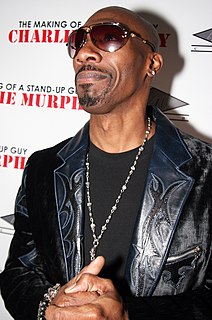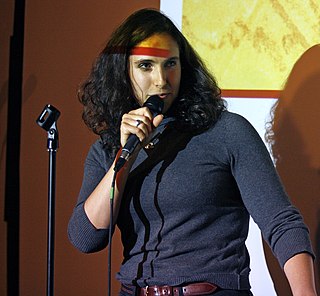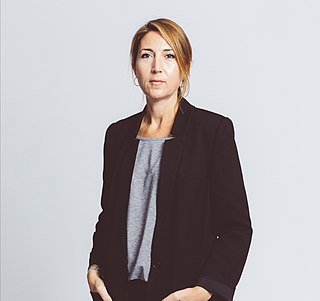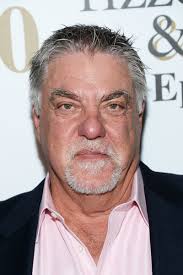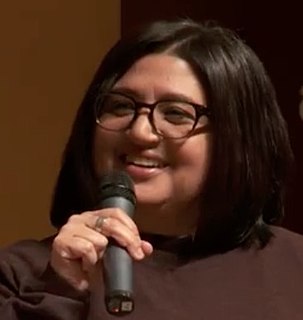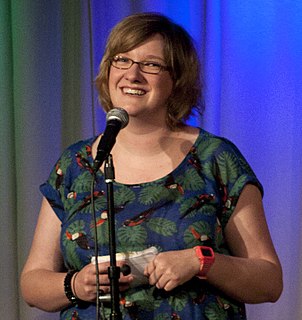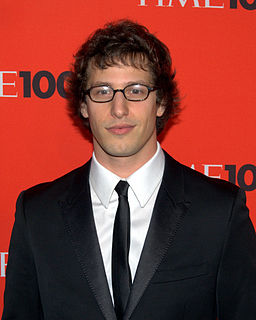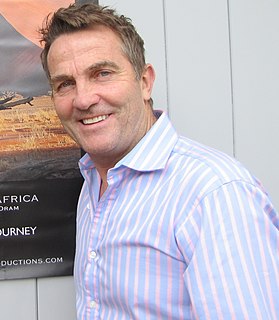A Quote by Charlie Murphy
Comedy has bits, has jokes, has stories, and it has characters.
Quote Topics
Related Quotes
You have comedians who just do jokes, and they're called comics, not comedians. You have comedians that do bits - a person that has a lot of jokes that have a beginning, a middle and an end, but it's not a real story. And you have someone that does great stories, the one that blends those things together - that person is doing comedy.
Tweeting is a great way to practice writing jokes, but there is so much more to comedy writing than just jokes. Jokes are a necessity, but you also have to learn how to write characters, to break a story, to keep coherence between episodes. I've learned more by being a TV writer than I ever could've on my own.
People have a comic bent or an angularity to their thinking, and those are the people who make jokes. And it's usually people who were in an environment, when they were young, where jokes were at a premium, or at least considered important to a life. My parents always listened to the comedy radio shows, we went to the comedy movies, and my parents appreciated comedy. So kids listen and follow what their parents like.
Whatever job I had, I was always writing like crazy. All I ever liked about offices was being able to type up stories on the computer when no one was looking. I was never paying much attention in meetings because I was usually scribbling bits of my latest stories in the margins of the pad or thinking up names for my characters. This is a problem when you're supposed to be taking minutes of the meeting.
And writing comedy and it really taught me how to kind of like craft jokes, it sounds like weird but really focus on crafting jokes and trying to make the writing really sharp. At the same time I did improv comedy in college, and that helped with understanding the performance aspect of comedy, you know, because it's different when you improv something vs. when you write it and they're both kind of part of my process now.
